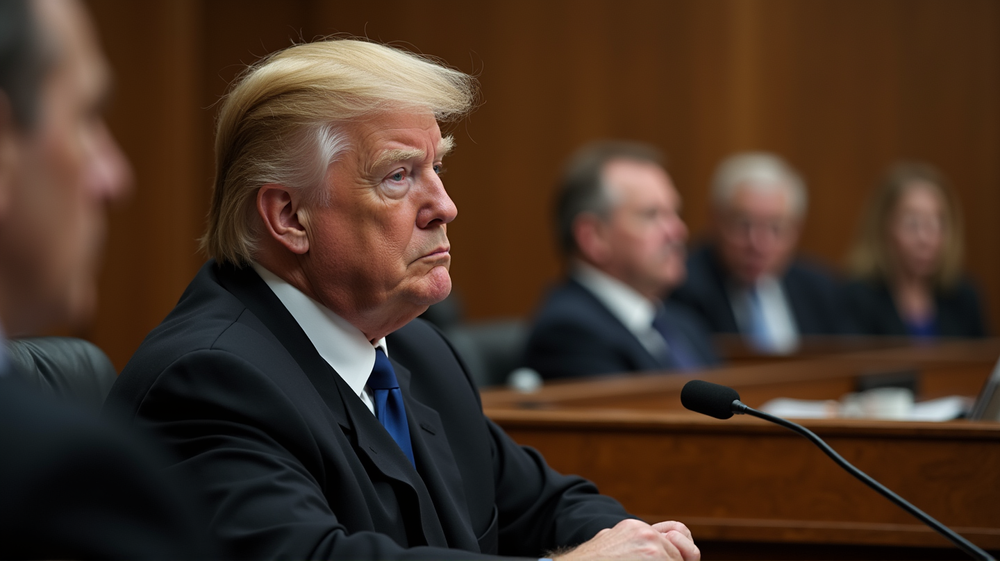A Complex Legal Landscape
In a noteworthy decision, a federal district judge in New York has dismissed a significant civil case against former Governor Andrew Cuomo concerning his administration’s nursing home COVID-19 policies. As stated in Washington Examiner, the case was closely watched by both legal experts and the public due to its implications on accountability and public policy during a crisis.
A Judge’s Compassion and Legal Restraint
Judge Katherine Polk Failla, an Obama appointee, conveyed sympathy for the families involved, yet clearly outlined that empathy could not override established laws. The plaintiffs contended negligence led to COVID-19 outbreaks in nursing homes, attributing over 15,000 deaths to the March 2020 directive that restricted nursing homes from denying admission to infected patients.
Legal Arguments and Federal Grounds
Juxtaposed with the mismanagement claims encountered during the 9⁄11 aftermath, this case demanded plaintiffs meet the stringent “conscience-shocking” standards. Despite emotional testimonies, Failla adjudged the case insufficient to warrant federal court intervention, emphasizing public officials’ challenging decisions during evolving crises.
Cuomo’s Political Resurgence Amidst Legal Hurdles
Following his 2021 resignation amid controversies, Cuomo attempts a political comeback with aspirations to run for New York City mayor. His spokesperson hailed the dismissal as a victory, yet Cuomo’s past, including accusations of witness intimidation and committee investigations, continues to haunt his endeavors.
Broader Implications and Future Outlook
This verdict underlines the balance between lawful governance and accountability during unprecedented events. While the families’ pursuit of justice hits a roadblock, it raises critical conversations on governmental responsibility and the legal thresholds for actions taken under duress.
In conclusion, the dismissal not only impacts the involved parties but also sets a precedent for how similar cases might be treated in the future, shaping the discourse on governance during crises.













